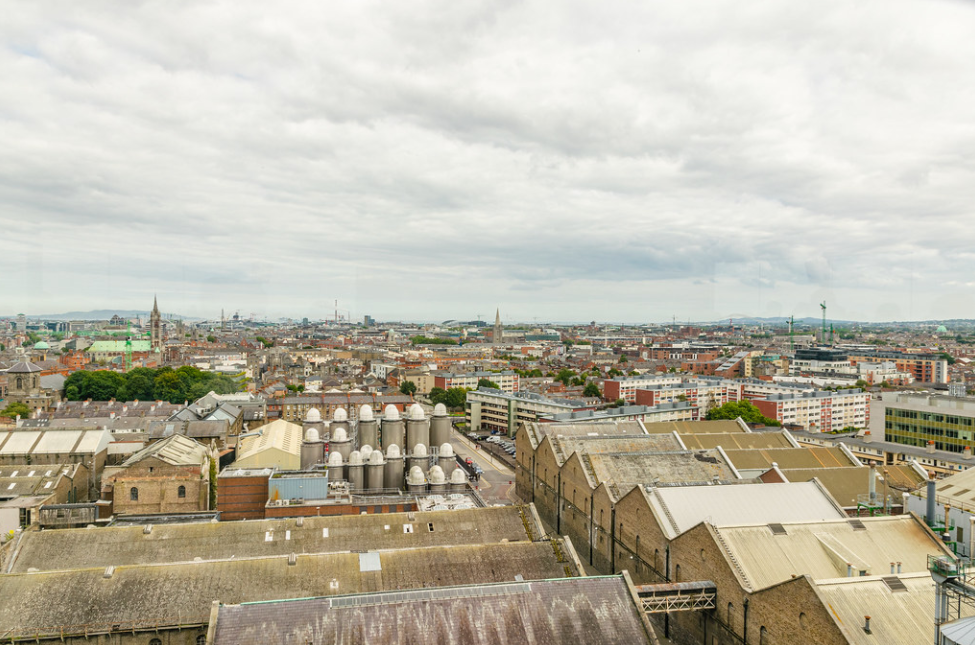Culture shock: we’ve all heard the term and are generally aware of its meaning, but it entails more than occasional bouts of homesickness and struggles with the language barrier. Highlighted by one of many UMaine International Programs resources, there are four distinct stages to culture shock: (1) the honeymoon phase, (2) the frustration stage, (3) the adjustment stage and (4) the acceptance stage. Allow me to provide a better understanding of what culture shock is and how to manage it, all through the lens of my personal experience abroad in Torino, Italy.
The Honeymoon Stage
It’s a beautiful thing to arrive in an exotic country far from home — I recall the feeling like it was yesterday. Bright-eyed, energetic and naïve, I felt on top of the world during my first few weeks in Torino. Between all the new friends and places to explore, this stage feels like it will last forever. Some of my best memories and strongest bonding moments happened during the honeymoon stage.
While traversing this candy land of adventurous euphoria, keep in mind that times will indeed get harder. During these first few weeks, it is best to set yourself up for success later on by properly organizing yourself mentally and physically. Methodically take time to move in, fill out required paperwork and study up on the resources available to you. Enjoy your new life, but stay safe and try not to overextend yourself.
The Frustration Stage
Full disclosure: this stage did not last very long for me. In fact, I would say that it was hardly a stage at all. I am a firm believer that frustration usually comes in small doses during your entire time abroad instead of all at once in some bleak, two-week period of misery and regret. However, what I will say is that after I settled in the stress of classwork brought me back to reality. Beyond that, I also began to take notice of my finances. After running around with exciting people and spending frivolously, I had to recenter my focus on academics and budgeting if the rest of the semester was to go smoothly. Small Italian inconveniences like waiting 30 minutes to heat water for a shower and not having a dryer began to annoy me more as well.
Thankfully, all these minor inconveniences and causes for stress were always drowned out by the countless positive experiences I had every day. In my experience, positive experiences are what help get you through the frustration stage. Humble yourself by remembering where you are and embrace the cultural differences around you. Studying abroad is a once-in-a-lifetime opportunity. When the frustration hits, try and appreciate the precious time that you have in the present because it will not last forever.
The Adjustment Stage
This stage looks very different for everyone depending on the frustrations experienced. My adjustment came by developing a routine. I learned what to expect from my classes in terms of workload, figured out how to wisely spend and practiced my use of the Italian language. It was around this time that I realized how much time had already gone by. I felt comfortable and confident in Torino, almost like a local, and the prospect of leaving in only a few short months seemed unthinkable.
Friends and socialization help with this stage. Everyone in your program more or less goes through the same frustrations, so working through them and becoming confident in your environment as a unit makes adjusting much easier. Share insights with your peers and engage with locals to better understand how to adapt to the culture around you.
The Acceptance Stage
My experience with this stage is very unique. As my semester in Italy was cut in half due to the pandemic, I never fully reached the traditional acceptance stage. I was comfortably in the middle of the adjustment stage when the program was shut down and I was thrown headfirst into a massive rogue wave of a frustration stage. During the cancellation process, Italy suddenly felt scary and foreign to me. My future was uncertain and the logistics of figuring out travel plans made my head spin. However, once I came to terms with the situation and dealt with some immediate concerns, I felt a tremendous sense of liberation. I had a support group of travel buddies, plenty left in the budget and an eagerness to explore as much as possible before returning home.
I experienced the acceptance stage by letting go of my worries and living in the moment. I had to uproot myself from all I had learned in Italy and spontaneously launch myself into new cultures. My entire time abroad I sought to blend in as much as possible. Beyond this, I also wanted to plan my every move and avoid anything too uncomfortable. After my program cancellation, this all changed. I felt okay with being a clueless traveler and I embraced adventure, knowing that I would most likely never have the opportunities I had before me ever again.
These are the four stages of culture shock, at least in my experience. If you are to take the leap into a study abroad program, you will undoubtedly experience these four stages in different ways. However, I hope that you now have a better understanding of what culture shock is and how you can go about dealing with it.








